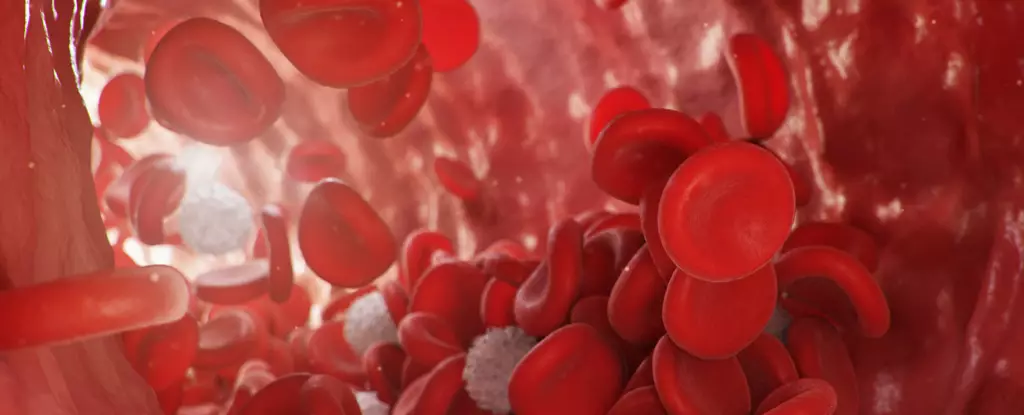In a recent study conducted by Fudan University neurologist Yu Guo and colleagues, researchers have shed light on the significance of minute differences in specific proteins in the blood as potential early warning signs of dementia. This groundbreaking discovery has the potential to revolutionize the way in which we approach the detection and intervention of dementia in individuals at high risk.
Uncovering Common Changes in Blood Serum
Yu Guo and his team compared the levels of 1,463 types of plasma proteins in blood samples from 52,645 adults without a dementia diagnosis, obtained from the UK Biobank. The results revealed common changes in the blood serum of 1,417 individuals who later went on to develop various types of dementia, including Alzheimer’s disease, over a period of 14 years. Among the findings, the concentrations of four specific proteins – glial fibrillary acidic protein (GFAP), neurofilament light polypeptide (NEFL), growth/differentiation factor 15 (GDF15), and latent-transforming growth factor beta-binding protein 2 (LTBP2) – were consistently present in the plasma of patients who were later diagnosed with dementia.
GFAP, a protein associated with cells that support the neuron system, was found to be particularly significant in predicting dementia risk. Individuals with higher levels of GFAP were 2.32 times more likely to develop dementia according to the researchers. Additionally, changes in the levels of GFAP and NEFL were observed in the blood plasma of future dementia patients up to a decade before the onset of clear symptoms, indicating the potential for early detection through blood protein analysis.
The implications of this research are profound. By identifying specific blood proteins that are associated with an increased risk of dementia, healthcare professionals may be able to implement early interventions that could potentially slow down the progression of the disease. From dietary changes to physical and mental activities, a simple blood test could pave the way for personalized interventions that could ultimately improve the quality of life for individuals at risk of dementia and their families.
The study conducted by Yu Guo and colleagues highlights the importance of early detection in dementia through the analysis of specific proteins in the blood. By identifying potential biomarkers that are linked to an increased risk of dementia, researchers have opened up new possibilities for early intervention and personalized care. Moving forward, further research in this area could lead to significant advancements in the detection and management of dementia, ultimately improving the lives of millions of individuals worldwide.



Leave a Reply